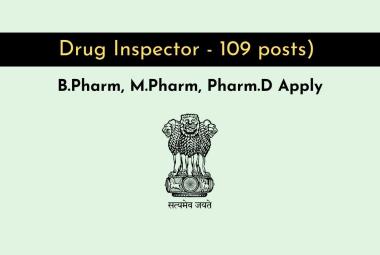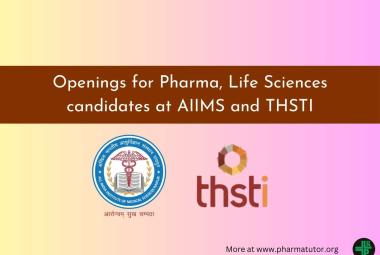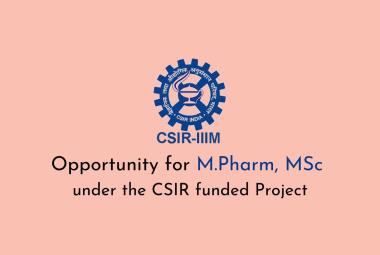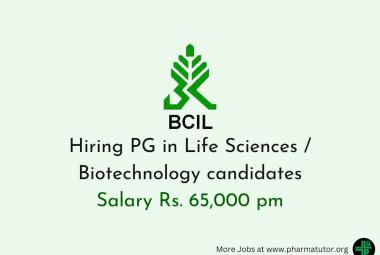For years, physicians have told patients that HDL (high-density lipoprotein cholesterol) helps protect them from cardiovascular disease (CVD). And the higher the number, the more the protection. HDL, often considered an independent predictor of heart disease, has been dubbed the "good" cholesterol, thanks to its protective effects. But a new study shows for the first time that HDL's protection depends on the levels of two other blood fats or lipids associated with heart disease. If these fats are not within normal ranges, even a high HDL may not be protective.








